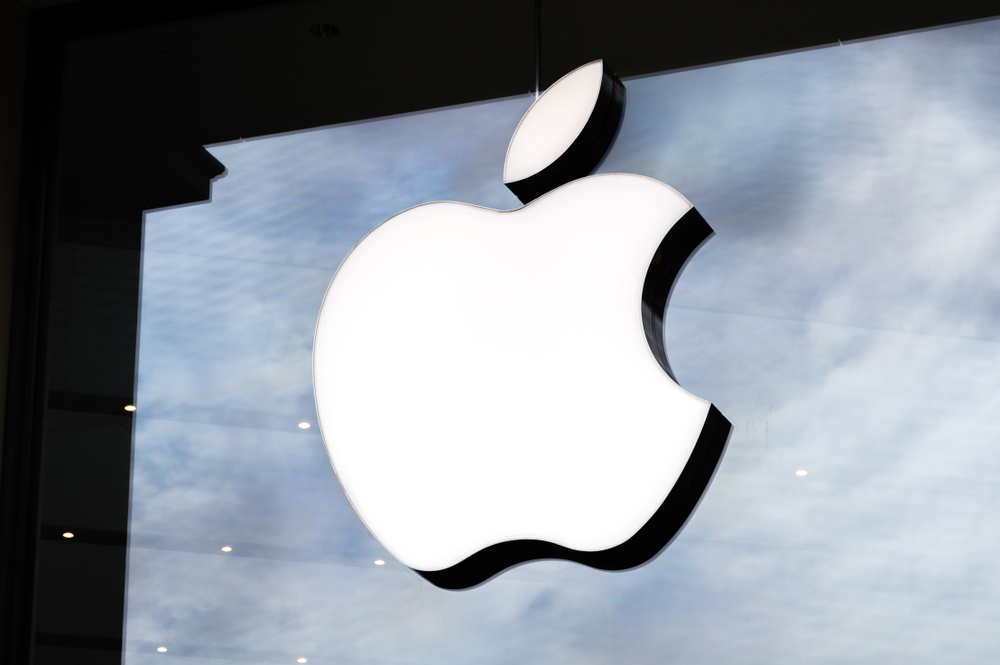At WWDC 2024, Apple announced a set of Apple Intelligence AI features for iPhone, Mac, and other company devices. Initially, these features will be available in the US, with plans to expand to other markets. However, the company has not mentioned any prospects for their availability on devices in China, the second-largest market for the Apple iPhone. There are reasons for this omission, as highlighted by The Wall Street Journal.

Challenges in Introducing AI Features in China
The AI chatbot used in Apple devices, ChatGPT, is not available in China. Consequently, Apple is now looking for a Chinese partner that could help bring similar AI features to Chinese iPhone users. In China, companies must obtain regulatory approval before launching AI chatbots built on large language models. As of March 2024, 117 generative AI products have been approved by regulators in China, all created by local developers.
Earlier this year, Apple explored the possibility of obtaining permission to use an AI model with foreign language support in its devices in China. However, sources from WSJ indicate that the chances of gaining approval from Chinese regulators are minimal. Therefore, Apple has intensified negotiations with potential local partners.
Competitive Landscape and Strategic Moves
Previously, the South Korean manufacturer Samsung turned to Chinese companies Baidu and Meitu to add AI functions to the Galaxy S24 smartphones sold in China. Baidu’s technology supports features such as Circle to Search and text summarization, while Meitu provides AI-powered photo editing. These partnerships have allowed Samsung to enhance its AI offerings in the Chinese market.
Apple’s position in China is threatened by local manufacturers actively using AI capabilities in their smartphones, notes NIX Solutions. According to Counterpoint, Huawei’s share of the Chinese smartphone market is expected to rise to 17% this year from 13% last year, while Apple’s share is expected to fall to 16% from 18% a year earlier.
We’ll keep you updated on how Apple navigates these challenges and partnerships to maintain its competitive edge in the Chinese market.
